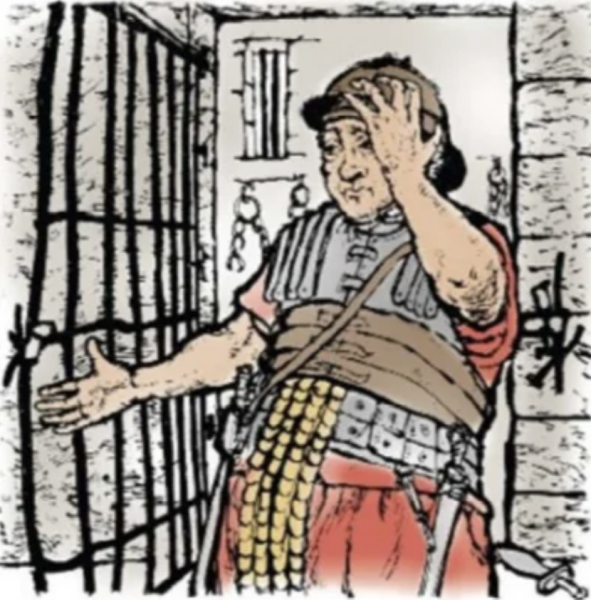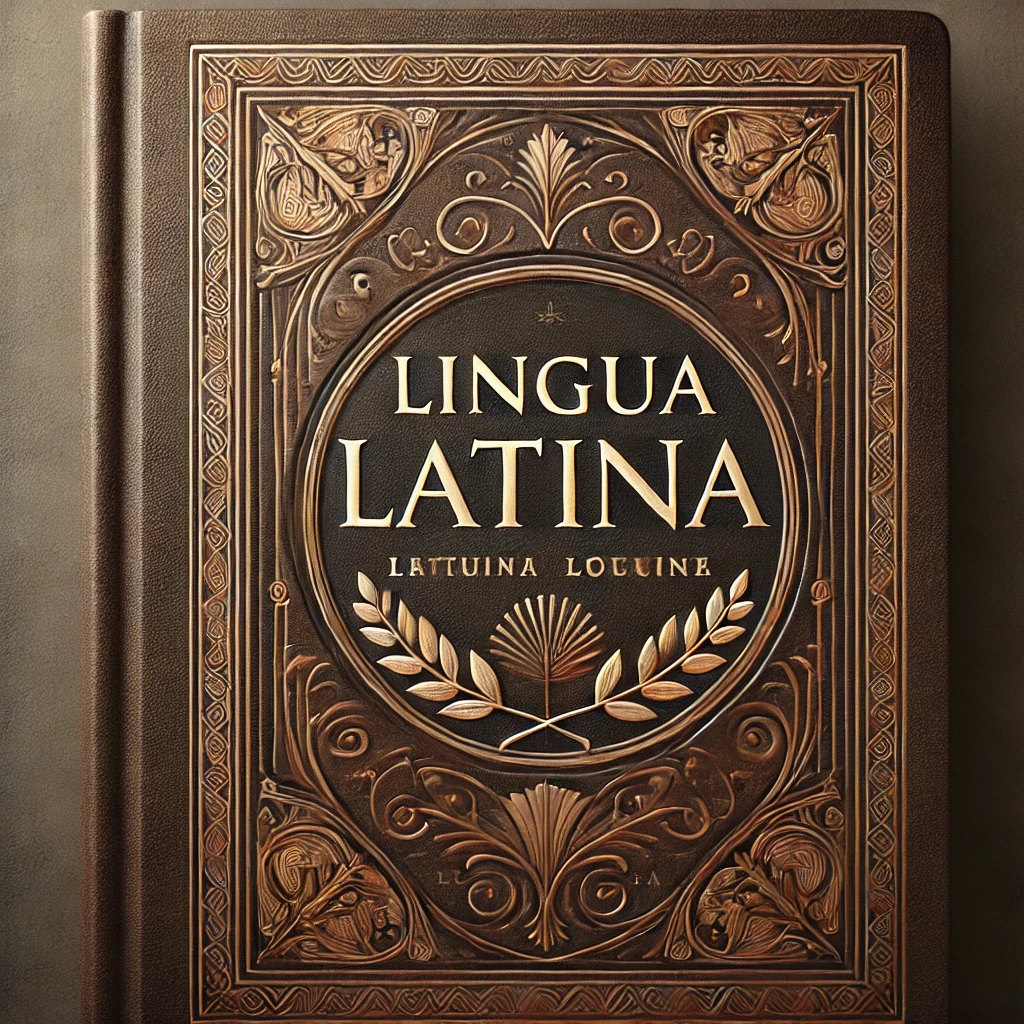When February rolls around the corner, 6th graders get to pick one of BISV’s four world languages to take for the next five years of their educational lives. And when that incredibly important life decision needs to be made, few throw their lot in with Latin.
Let’s do a quick rundown of the statistics on Latin students:
Class of 2030 (the most recent 7th grade class): 15
Class of 2026 (my grade): 8
Class of 2025: 18 (a historic high)
Class of 2024: 7
When I ask my fellow students why they chose to switch out of Latin after 6th grade, they provide a response along the lines of:
“Latin just isn’t that useful.”
“Latin is difficult.”
Some people: “I need to take a language I can get a 5 on without spending any effort!”
But often, choosing another language means a missed opportunity to immerse yourself in the…interesting culture of the Roman world. People often say French is the language of love, but Latin has far more love than any other! If you are fascinated by the intricacies of love, you will love the character of Modestus!

I know, right? He’s so hot! At least he thinks so…
Allow me to relate the “Allegory of Modestus.”
Once, Modestus, riding his horse beside his friend Strythio, comes across a dangerously rickety bridge. He does everything he can to get the horse to cross the bridge, yet the horse does not budge. Strythio comes up with a brilliant plan! “Get off the horse, and it will cross.” So Modestus, confused, does as he says and gets off the horse. Miraculously, the horse crossed the bridge! The story ends with the bridge breaking, Modestus falling into the river, and the laughter of Strythio echoing across the open fields…
The moral of the allegory is that horses are smart.
Besides these complex and deep explorations of human nature, Latin students also delve into the mature themes of death and power. For example, did you know there are a bunch of words for dying and death in Latin?
Interficio, Pereo, Mortuus, Occasus, Nex etc. (which, btw, is different from the others because it means violent death)
We are also extremely specific in differentiating the different forms of death. An execution by chopping at the neck is a distinct Latin word from that which denotes chopping at the waist or getting drowned in a river!
Allow me to include some quotes from our Latin stories:
“Senator, I am worried. All my son cares about are chariots and girls…”
“And she came back with an Ethiopian belly dancer, and they had a great feast…”
“No! I will not let you marry her, old man!” (proceeds to get executed)
You’re probably wondering right now: but when can I get to learn these stories? Surely, I will have to wait till I get to high school and beyond? Fret not, my dear reader! These stories are all contained in the 7th and 8th-grade textbooks!
Our textbook also emphasizes the theme of power, and how to use it to your own advantage.
Unnamed construction financier: “So I was thinking, why don’t you give me that new construction project!”
Senator: “Maybe you could give me a little more to…convince me of the necessity of your project.”
Oh yeah, Romans were also excellent poets! Once you enter high school, your Latin instructor will begin to teach you the great ancient poets. Among them is, my favorite of all, Martial!
Martial. Book I: 32: I Don’t Love You
I don’t love you, Sabidius, no, I can’t say why:
All I can say is this, that I don’t love you.
Beautifully written, am I right? Also, Sabidius is a guy’s name…
Here’s another!
Martial. Book II: 38: A Fine View
You ask what I see in my farm near Nomentum, Linus?
What I see in it, Linus, is: from there I can’t see you.
Wow. A single roast, immortalized for the ages.
So you’re probably wondering: Okay, Latin is entertaining, but what use is it in the real world? Well, you could easily converse with a wide range of celebrities, including: The Pope, the Pope, the Pope, that other Pope, and finally, the Pope. Now, I will admit, most of them are not exactly alive, but they call Latin a dead language for a reason!
In all seriousness, Latin is the mother tongue of all European languages today. Learning Latin will actually help you understand all those little things in grammar that you use on a daily basis, but never understood. For example, did you ever notice that you only use the phrase “by [x]” when you use a passive verb? i.e. You would say “She was killed by Bob” but never “Bob by her killed!” In Latin, the part “by Bob” is called an ablative of agent! That way, we don’t actually have to put the words in order! Think about it. If you knew Latin, you would know what “Bob by her killed” means immediately, and probably call the police.
Back to Roman culture! The Roman world was filled with surprises: military revolts, intrigue, warfare, politics, corruption, communal toilets, and baths that doubled as gymnasiums. This diversity is unmatched by any other language. What does Spain have? I will admit, it is Martial’s birthplace, so they have at least one good author.
Martial Book IV: 76
Aemilianus, you’ll always be poor if you’re poor.
These days they only give wealth to the rich.
Just wanted to put in another Martial! Love his poetry! Though I don’t know how the rich of Rome haven’t eaten him alive yet.
How about France? If you take Latin, you get to read all about France!
“Gallia [France] est omnis divisa in partes tres…”
– Caesar “Commentarii de Bello Gallico” 1.1
You could probably translate that without even knowing Latin! Here’s the most literal translation possible: Gaul as a whole is divided into three parts. See! That was easy! And this is an AP Latin reading!
The entirety of Caesar’s Commentaries on the Gallic War is about the Roman defeat of the tribes of France. And after all, isn’t French history defined by military defeats? Even the flag of its monarchy was white! In short, Latin is a language defined by its utility, beauty, and extensive cultural history.
These are the reasons you should take Latin, ineptly compiled into an incoherent essay.
P.S. In Latin, you do NOT have to speak, write, or listen to the language! Just reading!
Take Latin, guys!
Please…

















![Teacher [Milk] Tea: Part 2](https://bisvquill.com/wp-content/uploads/2024/03/Screen-Shot-2024-03-19-at-9.28.48-PM.png)


































